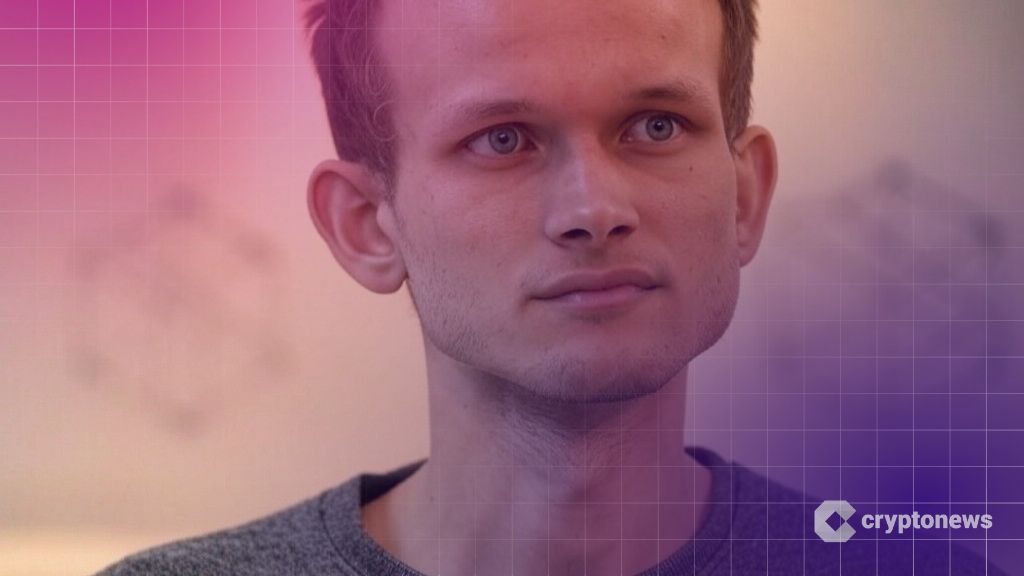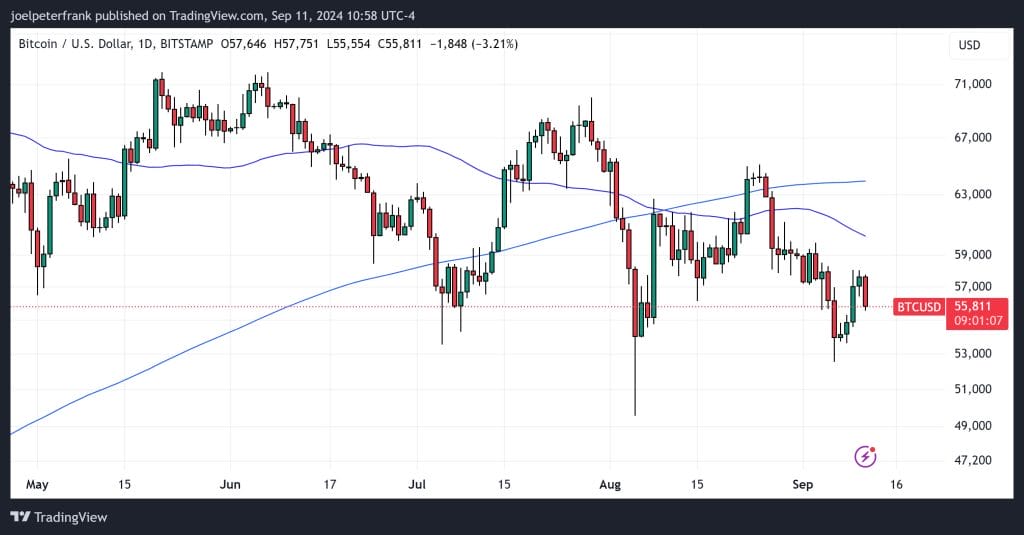Last updated:
 Why Trust Cryptonews
Why Trust Cryptonews

In a detailed post shared this week, Ethereum co-founder Vitalik Buterin introduced a new roadmap to significantly enhance user privacy on the Ethereum blockchain.
This new proposal offers a structured path toward robust privacy features that require minimal changes to Ethereum’s Layer-1 consensus, thus promising near-term benefits without overhauling the network’s core.
Layer-1 Unconditional Privacy
Buterin’s proposal addresses four key areas: privacy of onchain payments, anonymization of onchain activity within applications, safeguarding private reads to the chain (such as RPC calls), and network-level obfuscation.
Rather than waiting on long-term innovations or radical protocol shifts, Buterin presents an incremental and implementable strategy that could fundamentally change the way Ethereum users experience privacy.
Crucially, he calls for Ethereum wallets to natively integrate privacy tools such as Railgun and Privacy Pools, enabling users to maintain a “shielded balance.”
Transactions made from this balance would be private by default, streamlining the experience so that users no longer need specialized wallets to ensure confidentiality.
Usability, Buterin argues, should not be sacrificed for privacy. Instead, privacy should be intuitive and seamless.
To eliminate traceable links between actions taken across different decentralized applications (dApps), Buterin advocates for the use of separate addresses per application by default.
While this requires a trade-off in convenience, he believes it is essential to breaking the visible chain of associations that currently compromise user privacy.
Complementing this is a push for privacy-preserving self-transactions and the adoption of protocol-level tools like FOCIL and EIP-7701.
Together, these standards would allow privacy-focused applications to function without the need for public transaction relays, which will bolster resistance to censorship.
The Philosophical Shift Toward Unconditional Privacy
Vitalik’s latest privacy proposal echoes a growing consensus within the Ethereum ecosystem on how privacy should be unconditional, not optional.
He supports the view recently advanced by Ethereum developer pcaversaccio, who criticized the current “opt-in” model of privacy as fundamentally flawed.
He argues that the current paradigm, where users must make deliberate choices, often at the expense of convenience and usability, to shield their activity, is not sustainable.
Instead, privacy must become the default, deeply embedded into Ethereum’s protocol stack.
Transactions, smart contracts, and user interactions should be confidential by design, not by exception. The network must be structured so that privacy isn’t seen as suspicious but as standard.
Buterin’s roadmap aligns with this sentiment, advocating for UX-first, protocol-assisted mechanisms that make private activity indistinguishable from public ones.
The goal is to create an Ethereum that functions as a maximally private and self-sovereign financial system, not one where privacy is a luxury or afterthought.
Scaling Layer-1: How Buterin’s Broader Vision for Ethereum Supports Privacy and Resilience
Vitalik Buterin’s focus on privacy is just one piece of a larger architectural puzzle he’s been shaping throughout the year.
In earlier statements, he stressed that Ethereum’s future depends on both Layer-1 (L1) and Layer-2 (L2) improvements, a hybrid approach designed to balance scalability, decentralization, and resilience.
These changes, he said, would allow Ethereum to process more transactions without undermining its decentralized nature.
He cautioned, however, against a purely L2-centric strategy. For Ethereum to remain robust, it must retain a strong and scalable base layer.
This same resilience argument underpins his recent blog post advocating for a tenfold increase in L1 gas capacity.
While the network recently raised its L1 gas limit from 30 to 36 million (a 20% boost), Buterin believes further scaling is not only justified but essential.
In this way, his push for privacy, scalability, and decentralization all converge toward a singular goal, which is an Ethereum that is secure, sovereign, and usable, not just for the technically elite, but for everyone.





